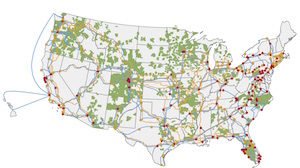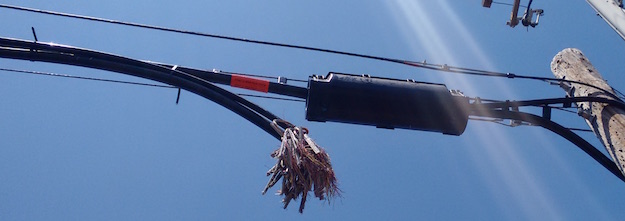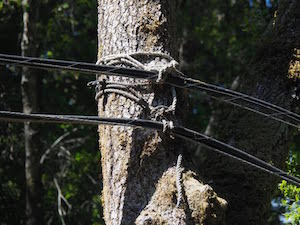Less fiber competition looms as CenturyLink buys Level 3

Click for the investor presentation.
CenturyLink announced an agreement to acquire Level 3 yesterday. Valued at $34 billion – a combination of cash and stock – the deal would combine two of the biggest wholesale bandwidth providers in the U.S. According to Bloomberg, Level 3 is the second biggest, behind AT&T, and CenturyLink ranks fifth.
Both companies have extensive long haul and metro fiber networks. CenturyLink, which has the legacy Bell systems previously owned by Qwest, has more business locations, but Level 3 has more fiber: 200,000 miles of it.… More


![Carol M. Highsmith [Public domain], via Wikimedia Commons](https://www.tellusventure.com/images/2016/10/bridgeport.jpg)

![By Beyond My Ken (Own work) [GFDL (https://www.gnu.org/copyleft/fdl.html) or CC BY-SA 4.0-3.0-2.5-2.0-1.0 (https://creativecommons.org/licenses/by-sa/4.0-3.0-2.5-2.0-1.0)], via Wikimedia Commons](https://www.tellusventure.com/images/2016/10/shopping_vault.jpg)
![By Iraqi TV (AP Archive) [Public domain], via Wikimedia Commons](https://www.tellusventure.com/images/2016/10/baghdad_bob.jpg)


![By https://www.flickr.com/photos/finneye/ finneye (https://www.flickr.com/photos/finneye/742186916) [CC BY-SA 2.0 (https://creativecommons.org/licenses/by-sa/2.0)], via Wikimedia Commons](https://www.tellusventure.com/images/2016/10/110m_helsinki_2005.jpg)
